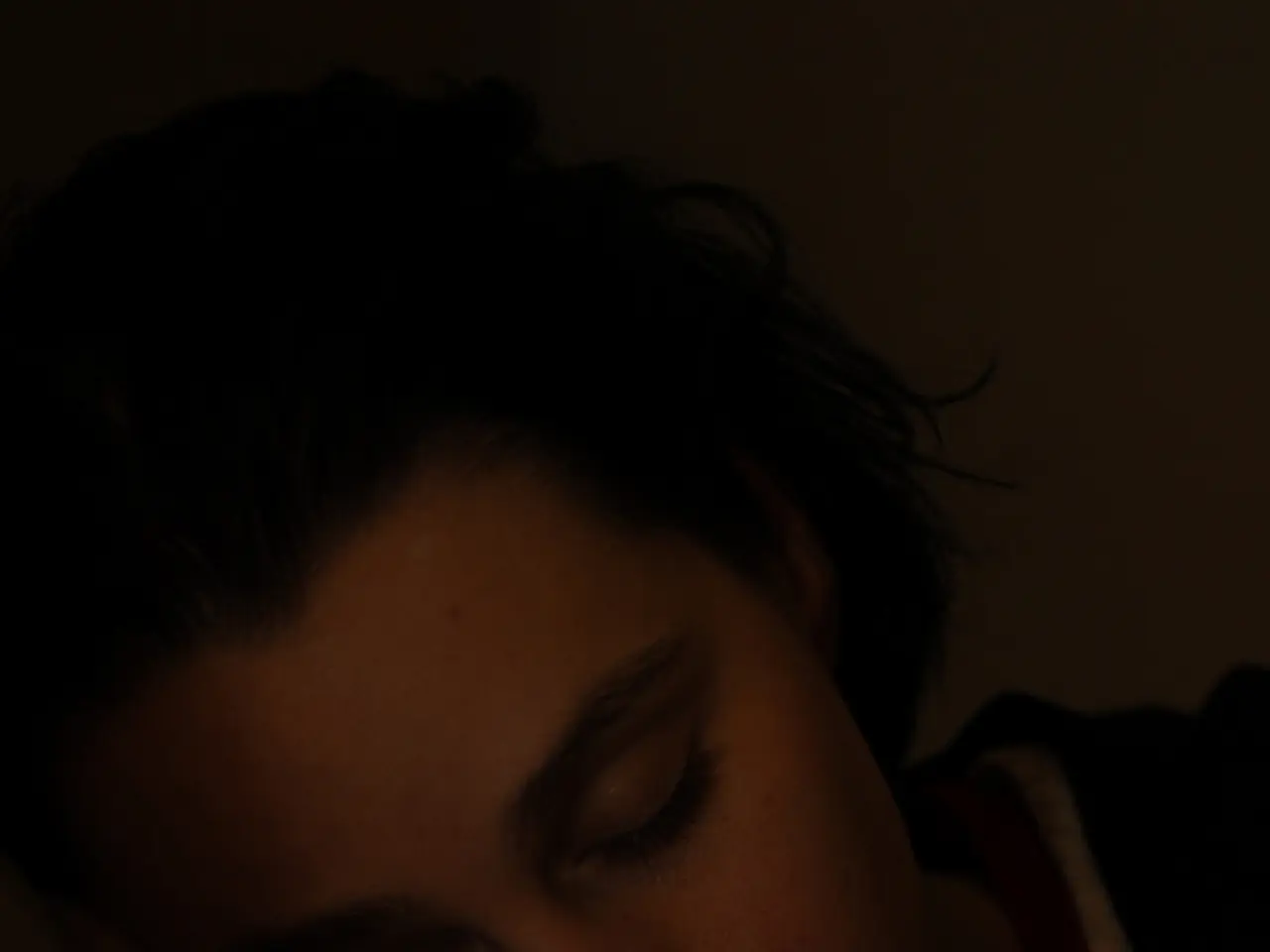Why Do Children and Adults Sleepwalk? Causes and Solutions Explored
Sleepwalking, or somnambulism, is a sleep disorder that affects people of all ages, although it's more common in children. It's characterized by brief episodes of wandering during deep sleep, with episodes lasting from a few seconds to several minutes. While the exact cause of sleepwalking is still unknown, it's believed to be hereditary in many cases. Treatment options are limited, but relaxation techniques and psychological intervention can be helpful.
Sleepwalking can occur at any age, but it's most common in children between the ages of 4 to 8, with around 20% of children experiencing it at some point. In adults, sleepwalking is less common, affecting about 1 to 3% of the population. The causes of sleepwalking in adults can vary and may include stress, psychological distress, sleep deprivation, alcohol consumption, medication, and illness.
In Germany, genetic predisposition is one of the most common causes of sleepwalking in adults, along with stress, psychological burdens, sleep deprivation, alcohol consumption, medication, and feverish illnesses. Sleepwalking can also be hereditary, with up to 80% of sleepwalkers having a family history of sleep disorders. Sleepwalking episodes can include a wide range of behaviors, from simple wandering to more complex actions, and may involve speaking incoherent or clear words or phrases. In children, sleepwalking may be associated with fatigue and anxiety, while in adults, it could be linked to drug consumption.
While there's no specific treatment for sleepwalking, preventive measures and relaxation techniques can be helpful. Pharmacological treatment may be recommended for adult sleepwalkers under the guidance of a psychiatrist. Despite ongoing research, the exact cause of sleepwalking remains unclear, and it's important to seek medical advice if sleepwalking episodes become frequent or cause concern.








